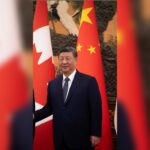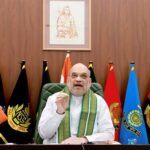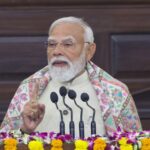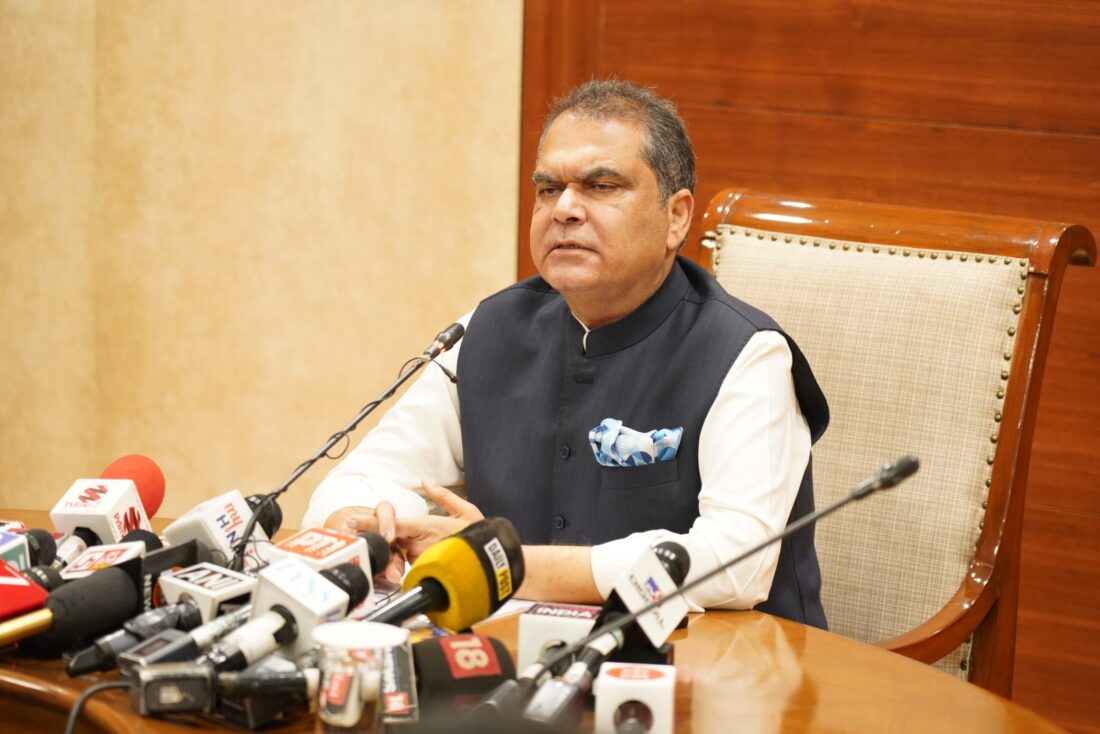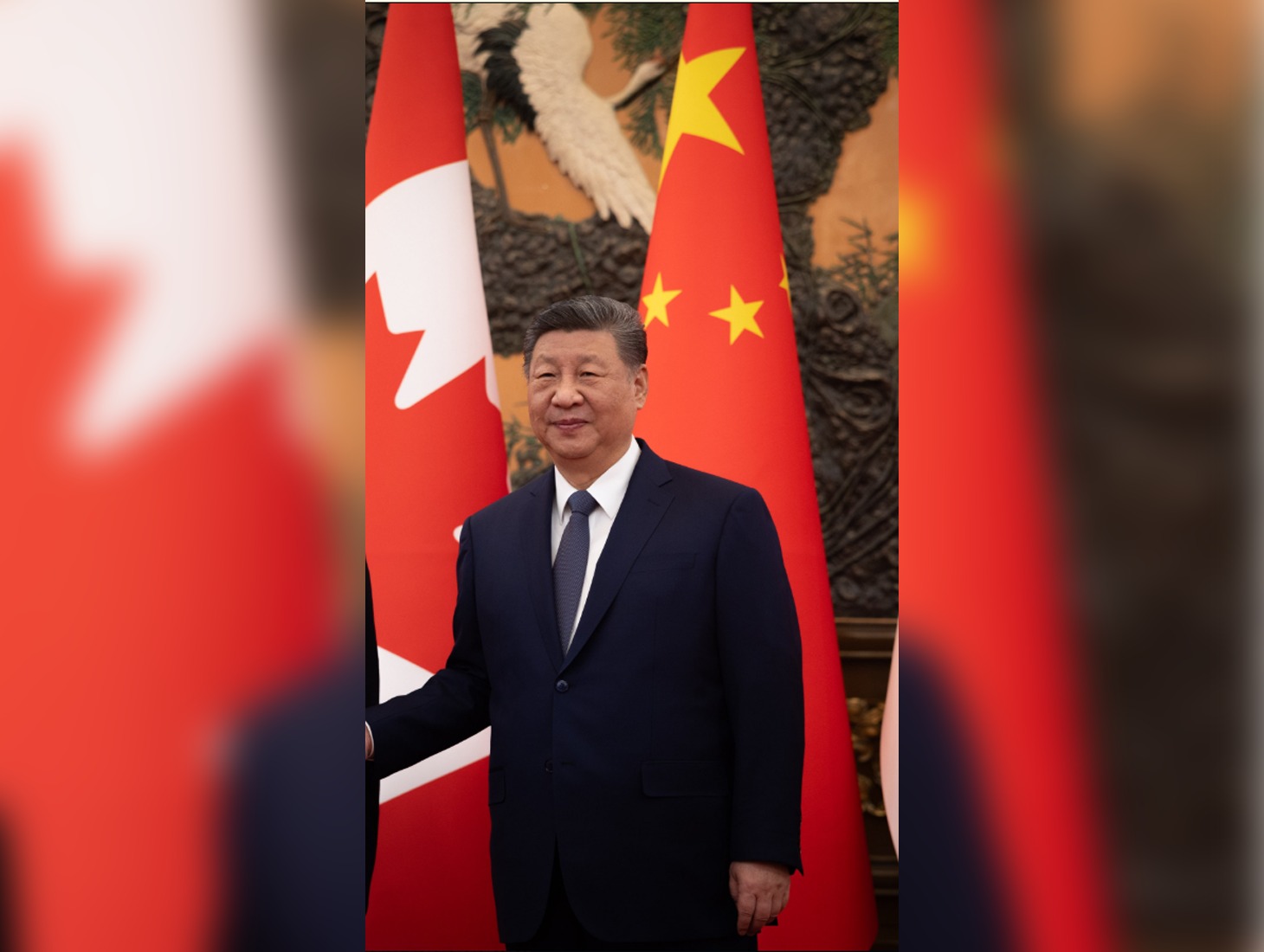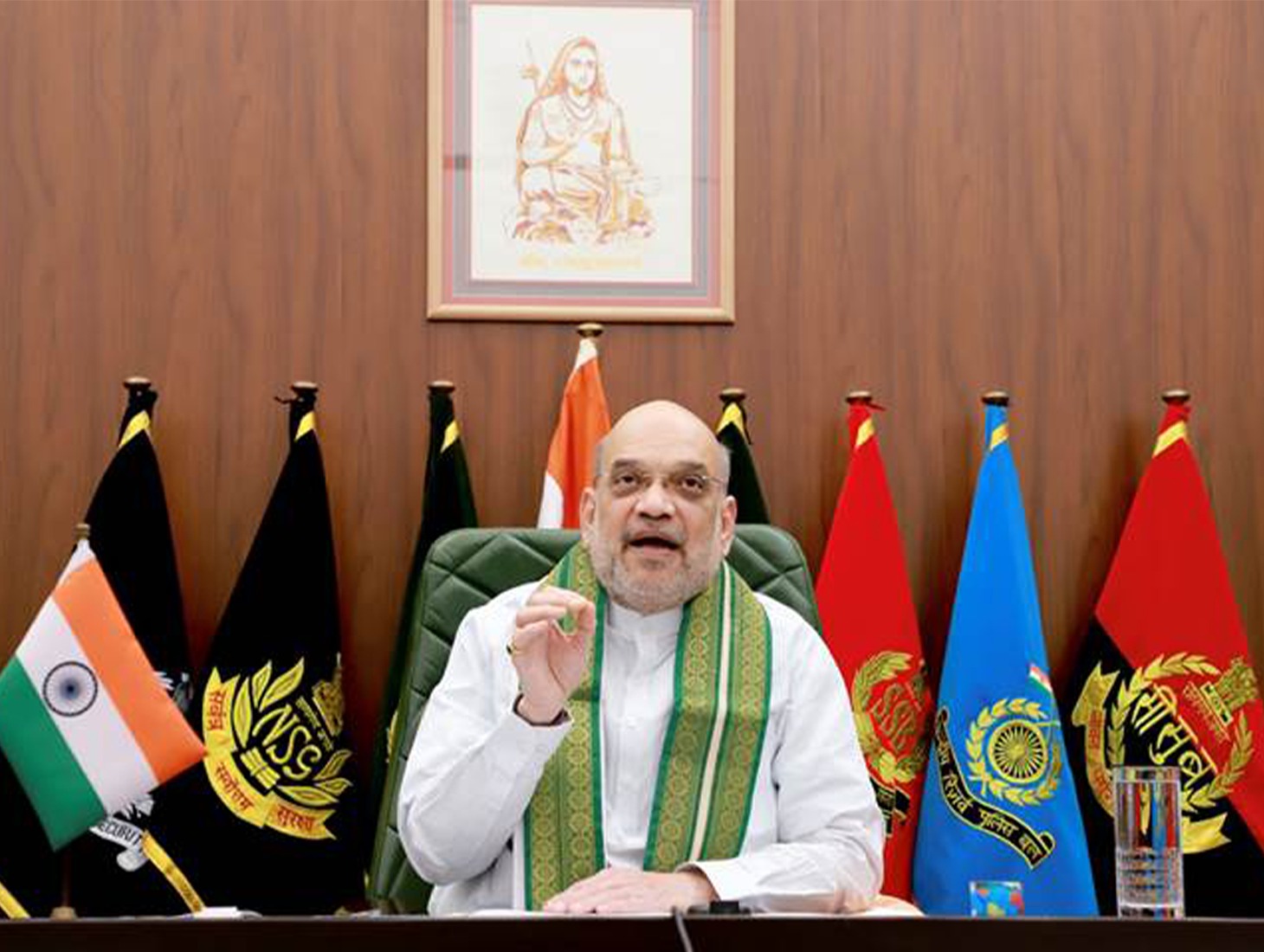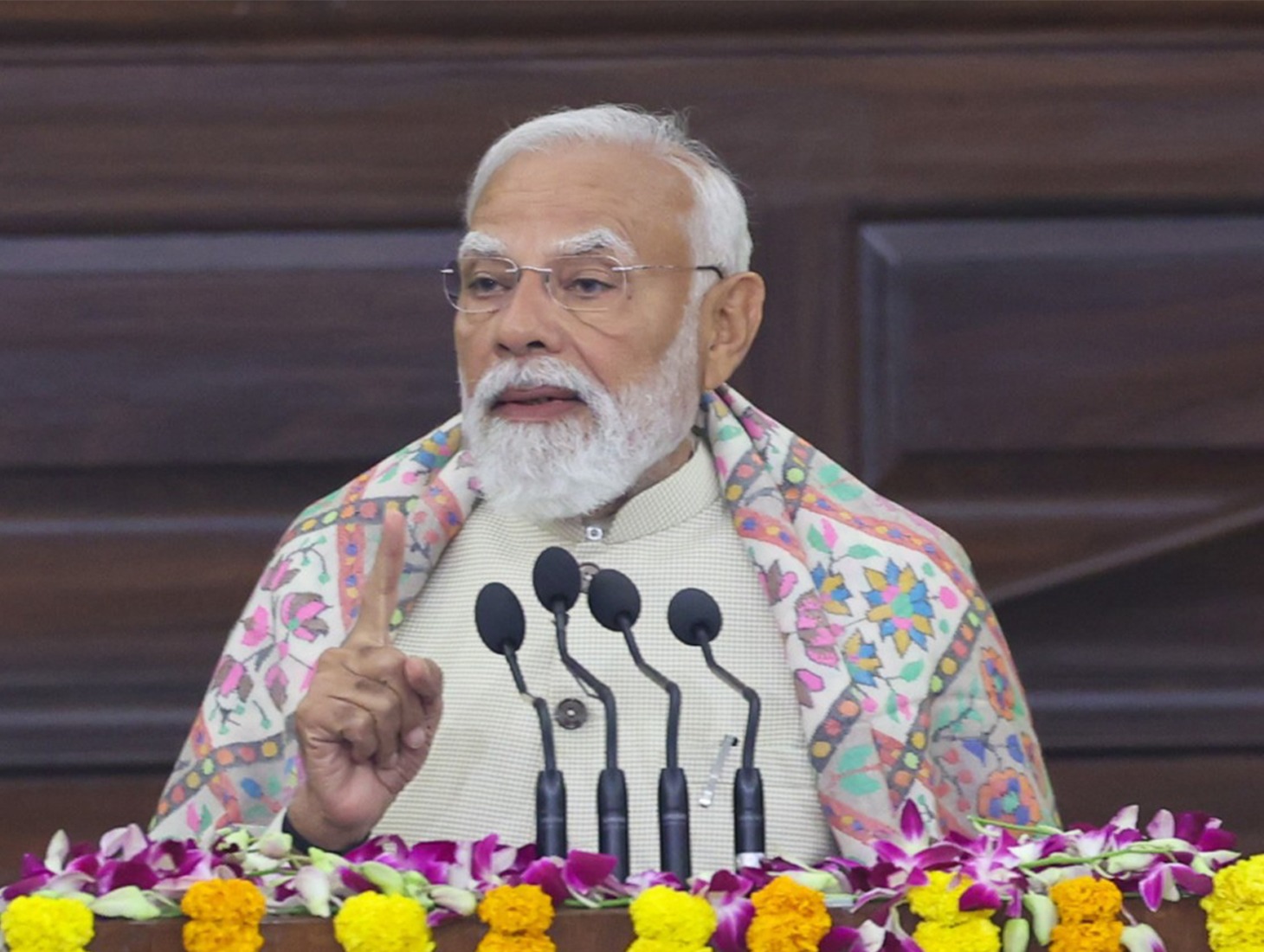The North News
Chandigarh, July 17
In a sweeping move aimed at transforming Punjab into a national hub for investment and employment, Cabinet Minister Sanjeev Arora on Thursday announced the state’s intent to draft what he called “India’s best industrial policy.” The planned policy, Sanjeev Arora said, will be prepared after getting inputs from 22 newly proposed sector-specific committees, which will act as a bridge between the state and industry stakeholders.
“Our goal is to provide a progressive climate for industrial growth and job creation not only for Punjab but in a manner that sets a benchmark across the country,” he said. Each committee will focus on a specific sector—from textiles and IT to electric vehicles and bio-technology—and will be tasked with submitting structured recommendations within 45 days of notification. The government expects the collaborative exercise to address Punjab’s distinct economic challenges while aligning with emerging national priorities such as clean energy, start-ups, and manufacturing competitiveness.
“The consultation process will reflect diversity in size, scale and geography,” Arora added, noting that members will represent a broad spectrum of industry experience and sub-segments. Chairpersons for each committee will be appointed, alongside 8–10 core members, though the government retains discretion to expand the membership or alter the mandate. Sectoral secretariat support will be offered through Additional District Commissioners and officials from the Department of Industries and Commerce, along with officers from the Punjab Bureau of Investment Promotion (PBIP).
The list of sectors includes both traditional engines of Punjab’s economy—like bicycles, food processing, and sports goods—as well as emergent areas such as ESDM (Electronic System Design and Manufacturing), tourism, and film media. Arora underscored that the government sees the committees as not just advisory but foundational to long-term reform. The state government has also clarified it reserves the right to revise committee roles and structure as the policy matures.


